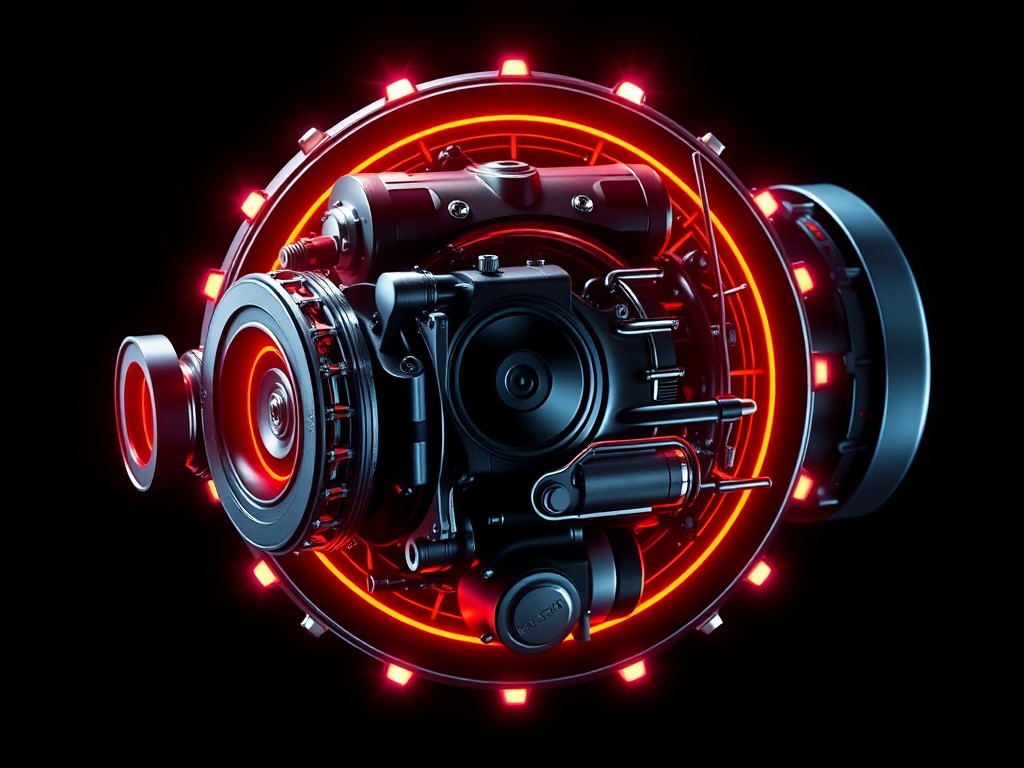When it comes to reducing our carbon footprint, we tend to focus on obvious culprits like cars and factories, but motorcycles also take a toll on the environment. Traditional gas-powered bikes emit a significant amount of greenhouse gases, contributing to climate change. As awareness around environmental sustainability grows, many motorcycle riders are considering switching to electric motorcycles. Zero SR/S, one of the leading electric motorcycles available on the market today, is a superb example of how technology can make riding not only enjoyable, but also environmentally friendly.
Environmental Impact of Traditional Gas-Powered Motorcycles
Motorcycles have a reputation for being more eco-friendly than cars, but this is a misconception. While motorcycles do consume less fuel and occupy less space, they produce more harmful emissions than many realise.
In the same genre : What are the benefits of upgrading to a lithium battery in a Ducati Diavel?
A gas-powered motorcycle’s emissions come from the combustion of fossil fuels, releasing large amounts of carbon dioxide (CO2) and other harmful gases into the atmosphere. According to the Environmental Protection Agency, motorcycles emit more harmful air pollutants per mile than most cars, including hydrocarbons, nitrogen oxides, and carbon monoxide.
In countries like Malaysia, where motorcycles are a popular mode of transportation, the environmental impact is significant. Additionally, the production, refinement, and transportation of gasoline for motorcycles also contribute to their overall environmental footprint.
Also to read : What are the effective methods to prevent rust in the exhaust system of a Norton Atlas?
The Rise of Electric Motorcycles
The past decade has seen the rise of electric vehicles, including motorcycles. They have become an attractive option for riders for several reasons.
Electric motorcycles, like the Zero SR/S, operate on electric power, reducing the reliance on fossil fuels. They are powered by a rechargeable battery, which can be charged at home or at a public charging station. This shift from gas to electricity significantly reduces the amount of greenhouse gases emitted during operation.
Moreover, electric motorcycles require fewer resources to produce and maintain. Unlike their gas-powered counterparts, electric motorcycles don’t require oil changes, air filters, or timing belts. They have fewer moving parts, which reduces the likelihood of mechanical failure, thus saving on maintenance costs.
Environmental Benefits of Electric Motorcycles
When discussing electric motorcycles, the Zero SR/S is a prime example of the environmental benefits they offer.
Firstly, electric motorcycles produce zero tailpipe emissions. This means that they don’t release any harmful gases into the atmosphere while being ridden. A study by the Union of Concerned Scientists found that electric vehicles produce less than half the emissions of their gas-powered counterparts over their lifetime, even when factoring in the emissions produced during their manufacturing and electricity generation.
Using electricity as a power source is also more efficient than burning gasoline. Electric motorcycles convert over 90% of their energy into motion, while gas engines only convert around 25%, with the rest wasted as heat. This makes electric bikes a more efficient and environmentally conscious choice.
Malaysia and the Electric Motorcycle Market
In Malaysia, the demand for electric motorcycles is steadily increasing. Growing environmental awareness, coupled with government incentives for electric vehicles, has seen more Malaysians making the switch to electric bikes.
The Malaysian government is actively promoting the use of electric vehicles as part of its plan to reduce carbon emissions. Electric motorcycles are included in this initiative, with riders receiving benefits such as tax deductions and subsidies. This, coupled with the increasing availability of charging stations, makes owning an electric motorcycle in Malaysia an increasingly viable option.
Making the switch to an electric motorcycle, like the Zero SR/S, can significantly reduce your environmental impact. While the upfront cost might be higher, the long-term benefits, both to your wallet and the environment, make it a worthwhile investment. As more people adopt electric motorcycles, the cumulative impact on our planet could be substantial. The future of motorcycling is electric, and the future is now.
Technological Advancements in Electric Motorcycles
In the realm of electric motorcycles, the rapid pace of technological advancements has been nothing short of inspiring. The introduction of high-performance electric bikes like the Zero SR/S has dramatically changed the landscape of the motorcycle industry.
The Zero SR/S operates on a ZF 75-10 motor and a ZF14.4 lithium-ion battery, providing an impressive range of 161 miles in the city and 99 miles on the highway. This sophisticated, eco-friendly motorcycle is a testament to the leaps in renewable energy technology, offering a riding experience that is both thrilling and sustainable.
Another significant technological advancement is the regenerative braking system. This innovative feature allows the motorcycle to recover energy during deceleration and braking, which is then used to recharge the battery. This energy-saving approach further enhances the environmental benefits of electric motorcycles.
Moreover, electric motorcycles like the Zero SR/S are designed to be smart. They come equipped with customisable ride modes and a mobile app that offers a host of features including charging status, ride data sharing, and system upgrades.
Noise Pollution and Electric Motorcycles
An often overlooked benefit of electric motorcycles is the reduction in noise pollution. Traditional gas-powered motorcycles, especially those with modified exhaust systems, can produce significant levels of noise, disrupting communities and contributing to noise pollution.
Electric motorcycles, on the other hand, operate almost silently. The absence of engine noise not only leads to a more pleasant ride but also contributes to quieter, more peaceful communities. This is particularly beneficial in densely populated areas and cities, where noise pollution is often a concern.
While some may argue that the absence of noise could lead to safety issues, as pedestrians may not hear an approaching motorcycle, many electric motorcycles are equipped with artificial noise generators to make their presence known and mitigate this risk.
Conclusion
Switching to an electric motorcycle like the Zero SR/S offers multiple environmental benefits. From reducing greenhouse gas emissions to promoting efficient energy usage, these bikes are an eco-friendly alternative to traditional gas-powered motorcycles. Technological advancements in this field have enabled increased performance and reliability, making electric bikes an increasingly attractive choice for riders.
Moreover, electric motorcycles contribute to the reduction of noise pollution, offering a quieter, more serene ride. With governments worldwide recognising the environmental benefits of electric vehicles and implementing policies to encourage their adoption, the shift towards electric motorcycles is likely to continue.
While the upfront costs of electric motorcycles may be higher, the long-term benefits to the environment and potential savings on fuel and maintenance costs make them a worthwhile investment. As more riders embrace electric motorcycles, we take a step closer to a more sustainable future. The era of electric motorcycling isn’t just coming; it’s here. So saddle up and do your part for the environment by enjoying an exhilarating ride on an electric bike like the Zero SR/S.











